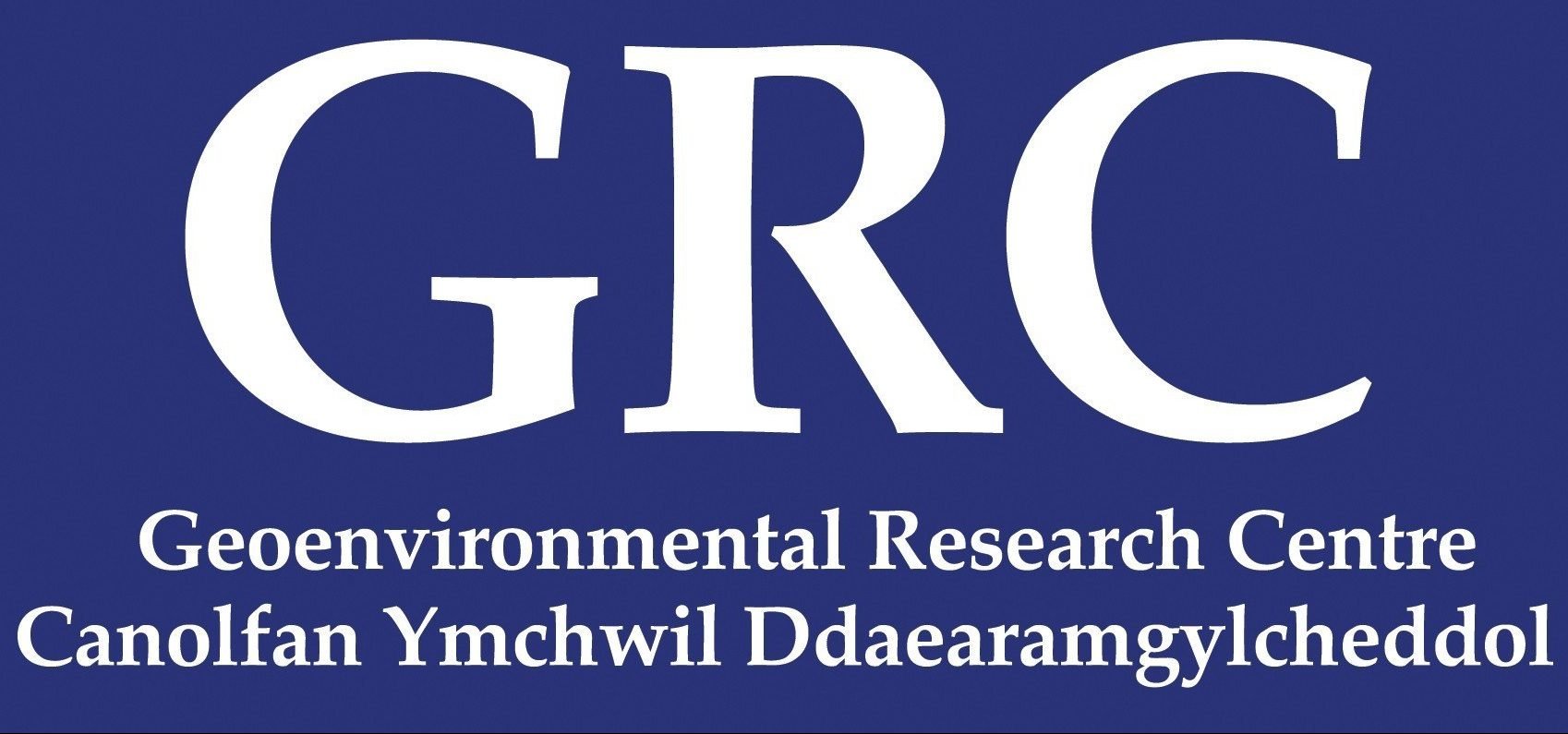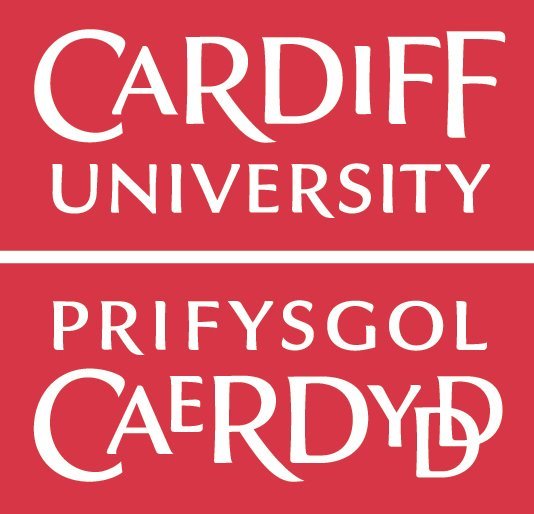This project for Bridgend County Borough Council is being undertaken under the auspices of the Heat Network Delivery Unit (HDNU), whose mandate is to support the development of low carbon district heat networks in order to help reduce the UK dependency upon fossil fuels and thus helping to meet the CO2 emission reduction targets. It was been delivered by a consortium formed by the Geoenvironmental Research Centre (GRC) at Cardiff University and WDS Green Energy.
Project aims were:
- To undertake a detailed heat mapping exercise of the proposed study area to identify potentially useful heating, cooling and power demand loads and potentially useful heat supply opportunities for the purposes of the development of a heat network.
- Using the outputs of the heat mapping exercise to inform the development of an energy master plan for the proposed area identifying, evaluating and prioritising any identified potential heat network opportunities.
- 1Aligning the work with the Energy Technologies Institute (ETI Smart System and Heat (SSH) Programme for which Bridgend CBC is a demonstrator authority.
Geoenvironmental Research Centre (GRC) at Cardiff University delivered the following for the project
- Heat mapping of the study area to provide an indication of the heat demand and potential heat supply across the area.
- Reviewed the alternative energy sources for heat networks such as mine water using heat pump, gas CHP, and biomass
- Economic assessments for all potential alternative energy sources for heat networks including mine water using heat pumps, gas CHP, and biomass for the identified energy clusters
- Calculated the CO2 reductions of the identified energy clusters for each alternative energy sources.
- Carried out the key stakeholder mapping and community profile development as a part of wider engagement strategy planning.
Feasibility Study for The Upper Llynfi Valley Heat Network Project
The Geoenvironmental Research Centre (GRC), Cardiff University, led consortium has been commissioned by BCBC to carry out a feasibility study on the development of a mine water geo-thermal heat network in an area of the Llynfi Valley at Caerau. The work is being undertaken with the support of the Heat Network Delivery Unit (HDNU), who’s mandate is to support the development of low carbon district heat networks.
The following were the main project objectives:
- A detailed geotechnical on-site ground condition survey of the area to ascertain the location of mine workings, presence of water, volume of water, depth to water, direction of flow, temperature and quality to assess its suitability to support a geo-thermal mine water heat network.
- A detailed technical feasibility study of a geo-thermal heat network considering both low temperature, decentralised heat pump scheme, and high temperature, centralised heat pump scheme, options.
- A comprehensive financial appraisal of the project to calculate both its Net Present Value (NPV) and Internal Rate of Return (IRR) over a 25 and 40 year time period, encompassing a full sensitivity analysis in order to provide adequate information to BCBC and its project partners to make an informed decision regarding the financial viability of the scheme.
- A full comprehensive review of a cross section of housing types that could potentially join a heat network
- Design and deployment of an engagement strategy to create a consumer base for the heat network.
The project was divided into the following tasks:
- Ground exploration: An exploratory borehole was drilled, which established the location of mine workings and provided a detailed understanding of ground conditions. A void space was encountered at a depth of 224.30m below ground level.
- The development of a heat generation model: A full examination of optimum heat generation models based around the utilisation of a centralised and de-centralised heat generation model has been undertaken and compared both with the counter factual “individual gas boiler” model
- An assessment of the financial viability of the scheme: The techno- economic analysis were carried out to calculate both its Net Present Value (NPV) and Internal Rate of Return (IRR) over a 25 and 40 year time period in order to provide adequate information to BCBC and its project partners to make an informed decision regarding the financial viability of the scheme
- A comprehensive review of housing type in the study area: An initial in-depth energy assessment of eight traditional Welsh terrace properties and two new properties constructed in 2017, were carried out to get insight on the peak and annual heat demands for end-of-terrace and semi-detached house.
- An engagement strategy: Initial soft market testing was conducted to highlight the strengths of the project and identify the key enablers within the community and political sphere.


